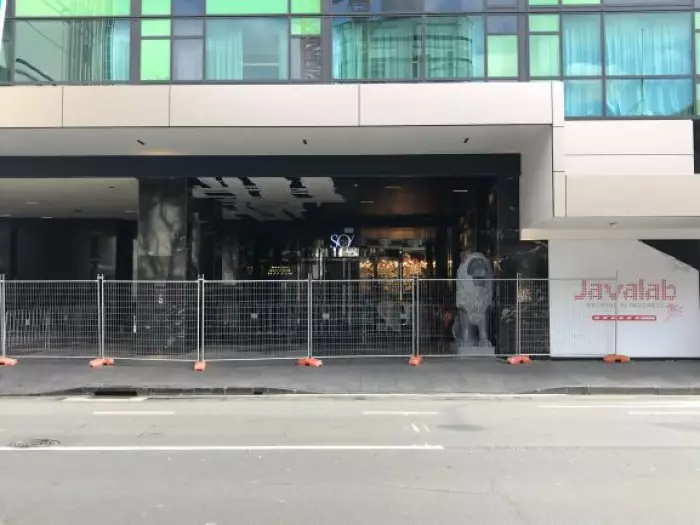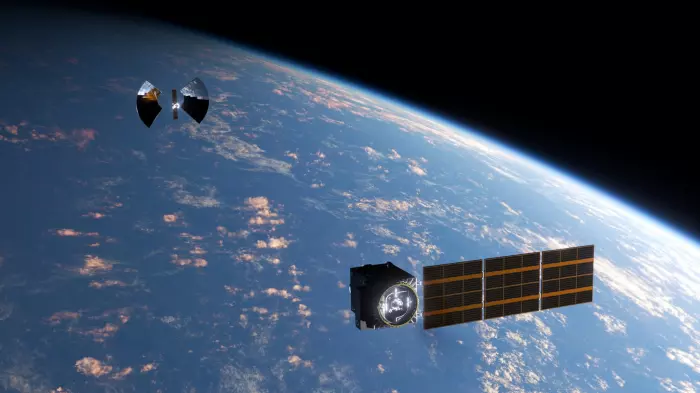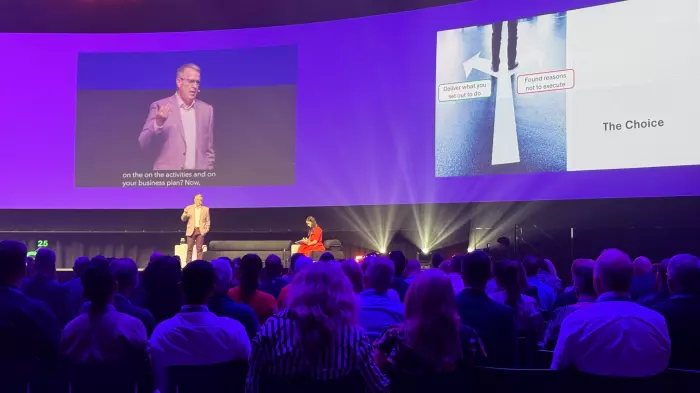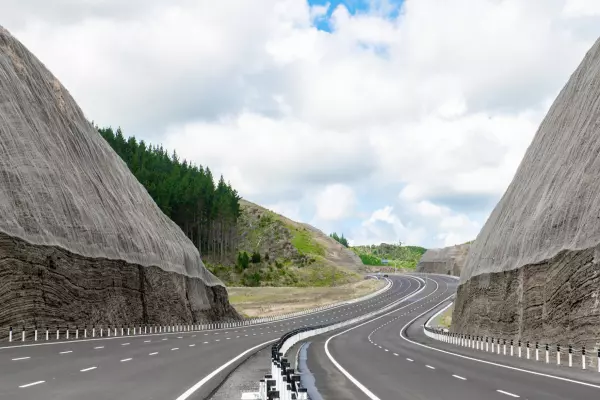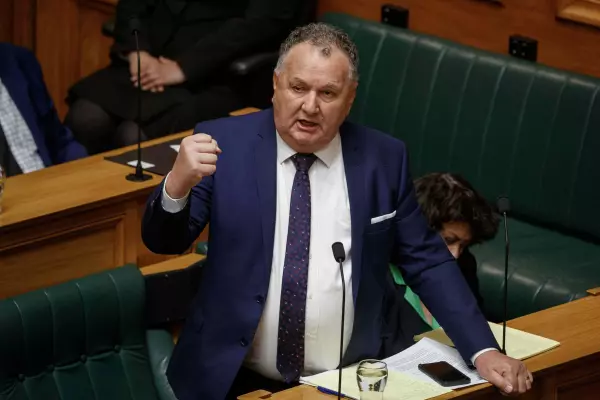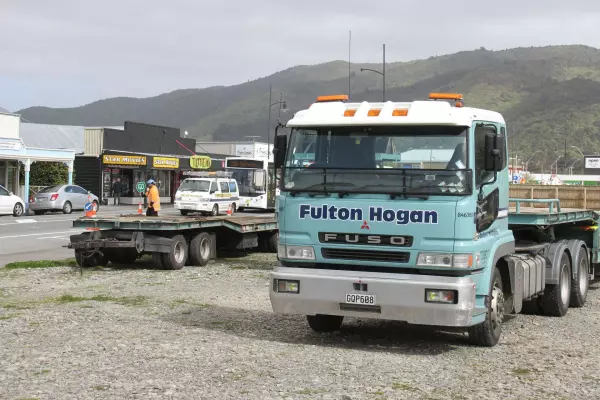Many hoteliers would rethink operating managed isolation facilities given the reputational and brand risks now associated with the service, says Hotel Council Aotearoa, which represents many of the 32 hotels being used.
But as the clock rolls around to the first anniversary of government-ordered covid response lockdowns, the Ministry of Business, Innovation and Employment said it is “confident” currently contracted facilities will remain as managed isolation facilities once current contracts expire on April 30.
While the doors at the Pullman Hotel Auckland remain shut with MBIE and the Ministry of Health finalising the investigation into the spread of covid transmissions at the country's biggest facility, it will likely be brought back online after taxpayer funded-upgrades to its CCTV and ventilation systems.
Council strategic director James Doolan said while a number of its members had not taken up the offer to become a facility, those that had were now dissatisfied with the current terms and were “specifically concerned with the condition their hotel staff found themselves in”.
The HCA, which is affiliated with Tourism Industry Aotearoa, represents 140 member hotels and about half of the 32,000 hotel rooms in New Zealand.
Doolan, who headed up business development with Marriott International in Hong Kong before returning to NZ in 2018, said hoteliers who answered the original SOS call from the government did so “because they felt it was the right thing to do for team NZ” and before working out the financial details.
But there are now clear reputational risks from carrying out the work, “whether as a result of new cases that may have escaped from isolation hotels or whether it’s because someone is posting a picture of their meal and posting it on Twitter,” he said.
Also, the service those hotels are now offering is not a normal hotel stay.
“The buildings and the offering itself have been repurposed, the product is being used differently as well. On a holiday you don’t stay in your room 24-hours-a-day, having every single meal sitting on a bed. So everything is getting more wear and tear than normally.”
But the main issue and the main impacts are on staff, he said.
“They aren’t front line health workers and they haven’t been trained to do this, and there are public impacts too on their lives, so I think they are the true heroes.”
Treated like critical infrastructure
The HCA also found it incredible the government isn't revisiting some of its initial policy responses to "better support hotel infrastructure now that border closures have gone on for longer than anyone anticipated."
"Instead, we've got local governments now talking about adding costs by introducing new bed taxes or targeted rates of between 2-to-4 percent in our two most important tourism regions, Auckland and Queenstown.
"And it's extraordinary that that's the kind of conversation going on rather than a conversation around support for critical infrastructure."
Doolan suggests it's a disconnect that comes down to not only Kiwis' antipathy to hotels, but also the “failure of government” to recognise hotels as a critical part of the country’s infrastructure, like airports.
“On the one hand government isn’t acknowledging that hotels are key infrastructure as part of an overall offering, but those MIQ hotels that are well located and are well run, have been repurposed to be part of our health and border infrastructure and fight against the virus.”
But, like roads and airports, hotels cost a lot to set up and are long term capital assets, he said.
“So it worries hotel owners that the government is helping some of the other parts of the infrastructure puzzle, but is rather lumping hotels in with small business and telling owners to rely on general covid support programmes," Doolan said.
“But I can’t think of a business where the most valuable target customer has been locked out as part of the health sector response.”
Doolan said the combination of border closures and general fear of the virus reduced business across all of its main segments, including international leisure and business, as well as domestic leisure and business.
“Hotels are a highly seasonal business. January is supposed to be the busiest month of all for NZ, with hotels ordinarily 85-to-90 percent full and getting their best rates of the year.”
But instead occupancies are on average between 45-to-50 percent with room rates at about 20 percent lower than on average, he said.


